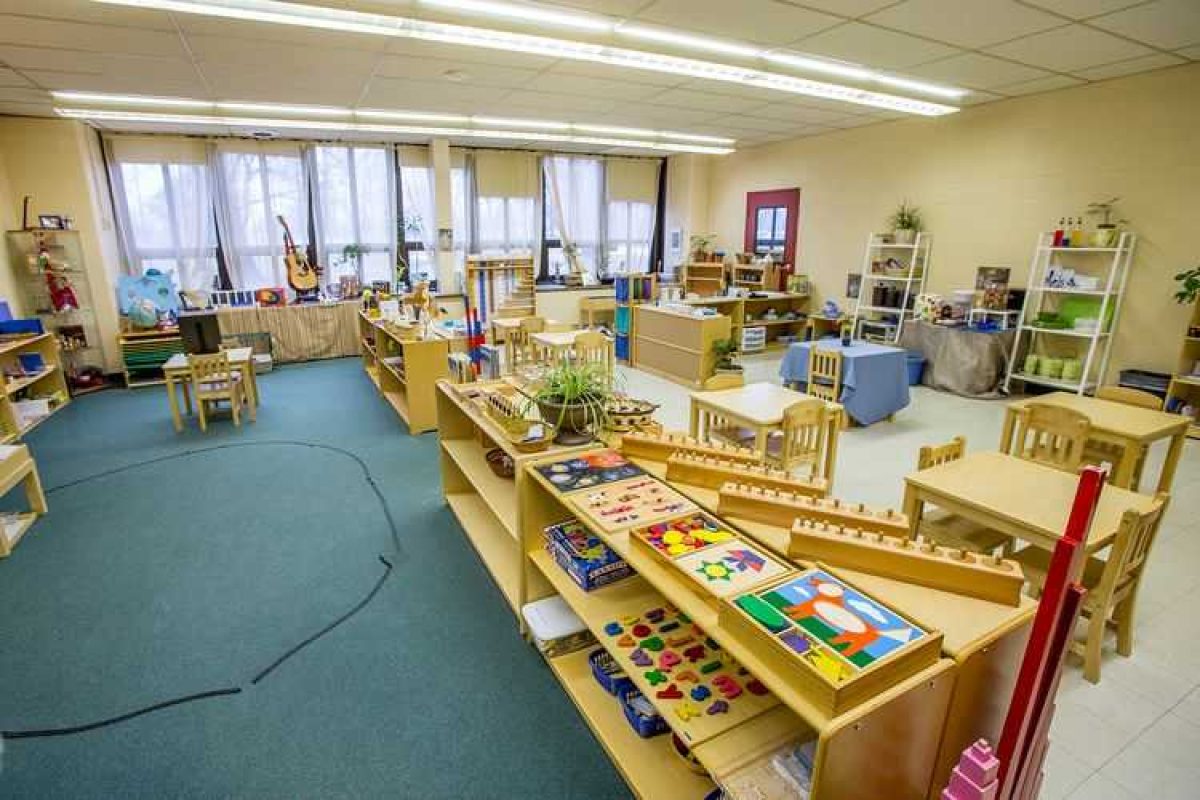Overview
Sometimes hearing from other parents can be helpful when deciding what kind of educational system to enlist your child in. Why do parents prefer Montessori programs to regular daycare or public schools? What distinguishes Montessori from the competition? Since the philosophy of Montessori education is so dissimilar from that of the public schools most of us attended as children. It is truly exceptional. So that you can determine whether a Montessori program is appropriate for you and your child. We are researching the reasons why parents today choose Montessori.
Mutual respect
One of the key concepts of Montessori education is grace and courtesy. You want your child to respect others and set healthy personal limits. In a Montessori environment, children acquire acceptable teacher-respecting behaviors. They also learn how to express their feelings effectively, how to say no, and how to act in a variety of situations with the assistance of a teacher.
You may expect a calmer, more polite child at home and in public areas such as dining out as a family or going to the store.
The natural love of learning
This method of education can appear extreme when you don't know much about it—either too free or too strict. That is not true. A kid is given the tools to adapt to the world through the balanced education provided by Montessori. Even though they still have a lot of developing minds, youngsters are expected to behave like adults in a regular classroom.
Nowadays, so many parents prefer Montessori education because it allows kids to be kids while yet equipping them with the skills they need to develop and adapt. There isn't any pushing. Children give the freedom to study independently and from one another so that they can explore and encounter the outside world. This fosters curiosity and a passion for learning for life.
Whole child education
As a result of the elimination of Home Economics in many public schools, many parents and young adults today struggle with life skills. But the foundation of the Montessori approach to teaching is these practical abilities. In the Montessori classroom, learning how to prepare meals, clean up after oneself, arrange one's belongings, and take care of the environment is just as crucial as learning to read, write, and do the math. Preparation for daily life is one of the best talents you can have since it teaches you how to participate, be accountable, and have faith in your ability. The Montessori classroom develops the whole kid, not just their academic abilities.
Cooperation & collaboration
Parents who prefer Montessori schools also do so because they want their kids to develop good communication and teamwork skills. The multi-age Montessori classroom fills with equipment and activities for creative work. To solve problems and act out scenarios, students are free to work alone or in groups. Students will occasionally band together to practice math problems, perform musical instruments, or even learn new words.
Montessori classroom structures are unique
As soon as you step into a Montessori school classroom, you will notice something unique about it. Kids can be found working on a variety of tasks either alone or in small groups. The smallest children can be making jigsaw maps of the United States, practicing cursive, or sketching their homework. Any of the students can be observed working on math problems with beautiful, handcrafted wooden materials. Because the children are so respectful of one another and their surroundings, there is an atmosphere in the classroom that is unlike any other.
Montessori schools work differently than others
In a Montessori classroom, a teacher's job is to watch, lead, and encourage their students to succeed. Students can demonstrate what they have learned in a variety of ways. They might be assisting other students, talking with a teacher, finishing projects, or presenting their newly acquired information to the class. Typically, homework assigns in a way that encourages kids to learn in engaging ways; many assignments also encourage parent-student collaboration.





